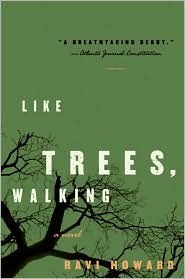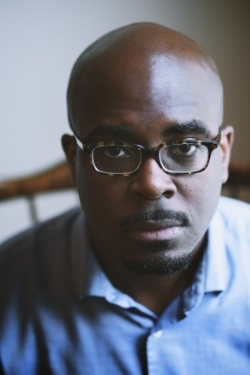What do you think?
Rate this book


272 pages, Paperback
First published February 20, 2007

A Blind Man Healed at Bethsaida
They arrived at Bethsaida. There the people brought a blind man to Jesus, and begged him to touch him. He took the blind man by the hand and led him away out of the village. Then he spat on his eyes, laid his hands upon him, and asked whether he could see anything. The man's sight began to come back, and he said, "I see men; they look like trees, but they are walking about." Jesus laid his hands on his eyes again; he looked hard and now he was cured so that he saw everything clearly.
Mark, 8: 22-25, The New English Bible, Oxford, Cambridge, UK, 1970

...the phone rang.
When the phone rang so early in the morning, it oftentimes meant somebody was dead. An elderly person had passed in the night. A Friday night traffic fatality. The families of deceased would set about the task of notifying family and friends, and somewhere among the sad litany of phone calls, they dialed our number.
Familiar words for dead black boys portrayed as complicit in their own demise. Michael Donald's body had been hanged on a Mobile street, and the police were doing the same thing to his name.
Unfortunately, honesty hasn't always been a part of the job description for the police force, especially when dealing with our people. Today I must appeal to their sense of integrity, because we need the Mobile Police Department. Before we can do our job, they've got to do theirs...
Ask yourself this question: Of this had been a white child found dead in a black neighborhood, would they be knocking on every door? "Yes, sir." Searching high and low? "Yes, indeed." It this had been a white child, would they paint him as a sinner and not a saint? "Lord, no..."
If there is no justice for Michael Donald today, there may be no justice for any of us tomorrow.